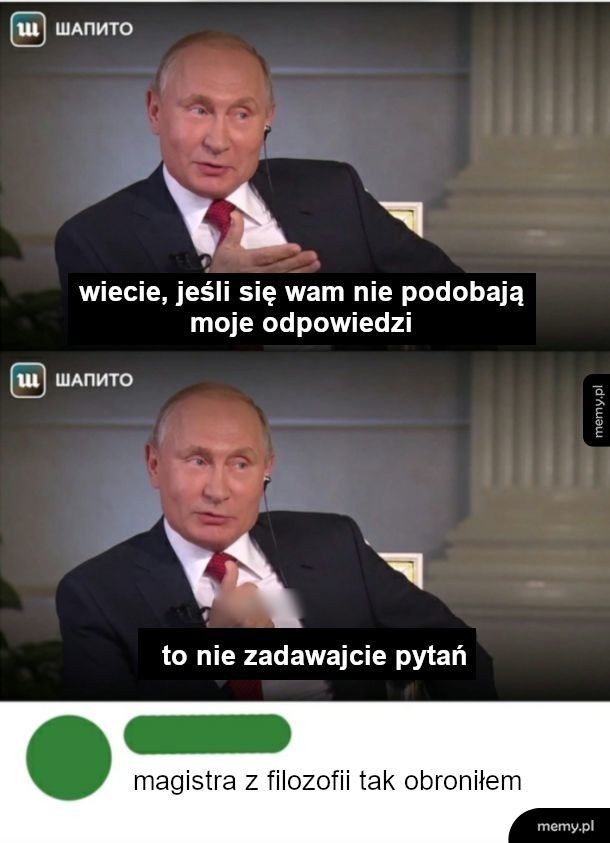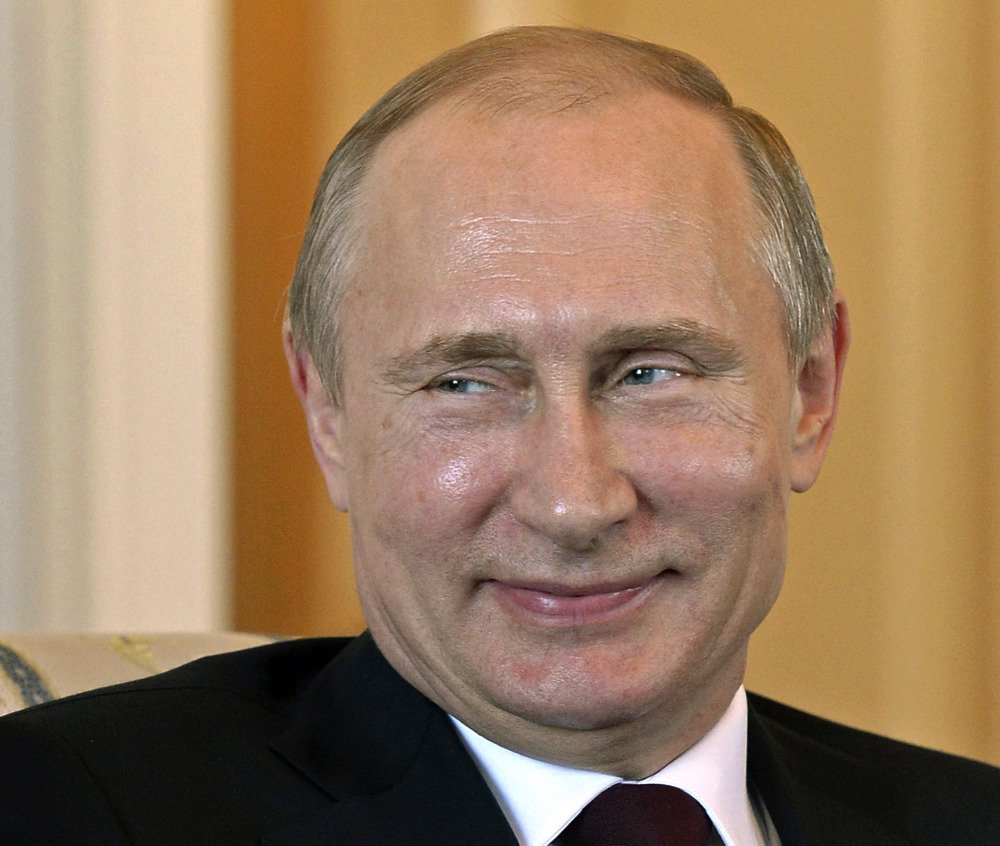Putin Mem: The Untold Story Behind The Headlines
Let’s be real here, folks. When we talk about global politics, Vladimir Putin’s name often pops up in some of the most intense and controversial conversations. But have you ever wondered what’s really behind the headlines? What does "Putin mem" even mean? Well, buckle up because we’re diving deep into this topic, and trust me, it’s gonna get interesting. This isn’t just about politics—it’s about understanding the man, the myth, and the media narrative.
Now, before we jump into the nitty-gritty, let’s set the stage. When we say "Putin mem," we’re not just talking about a catchy phrase or a meme floating around the internet. We’re talking about a phenomenon that reflects how people perceive one of the most powerful leaders in the world. It’s a mix of intrigue, mystery, and sometimes, a dash of humor. So, why does this matter? Because understanding the narrative around Putin helps us make sense of the world we live in.
Here’s the deal: this article isn’t just about regurgitating facts. It’s about giving you the tools to form your own opinion. We’ll explore the background, the controversies, and the cultural impact of "Putin mem" while keeping it real and breaking it down in a way that makes sense. So, whether you’re a political junkie or just curious about what all the fuss is about, this is for you.
Who Is Vladimir Putin? A Quick Bio
Before we dive into the juicy stuff, let’s take a moment to understand who Vladimir Putin really is. Born on October 7, 1952, in Leningrad (now St. Petersburg), Putin has been a dominant figure in Russian politics for over two decades. But before he became the face of Russia, he had a pretty interesting journey.
Check out the quick rundown:
| Full Name | Vladimir Vladimirovich Putin |
|---|---|
| Birthdate | October 7, 1952 |
| Place of Birth | Leningrad, Soviet Union (now St. Petersburg, Russia) |
| Profession | Politician, Former KGB Officer |
| Political Affiliation | United Russia |
Putin’s rise to power wasn’t overnight. He started as a KGB officer, working his way up through the ranks before entering the world of politics. His tenure as President and Prime Minister of Russia has been marked by both praise and criticism, but one thing’s for sure—his influence is undeniable.
What Does "Putin Mem" Mean Anyway?
Let’s break it down. The term "Putin mem" has become a sort of shorthand for the way people discuss or parody Vladimir Putin online. It’s not just about the man himself but also about the way he’s portrayed in memes, jokes, and even serious political discussions. The "mem" part refers to the internet culture of using humor to comment on serious issues.
Think about it: memes are like the modern-day water cooler conversations. They’re how we process information in a world that’s moving faster than ever. And when it comes to Putin, the memes can range from poking fun at his macho image to critiquing his political decisions.
But why does this matter? Because memes have power. They shape public opinion, influence discussions, and sometimes even affect real-world events. So, when we talk about "Putin mem," we’re talking about more than just a laugh—we’re talking about a cultural phenomenon.
Putin's Rise to Power: A Timeline
Understanding Putin’s rise to power is key to grasping the significance of "Putin mem." Let’s take a quick trip down memory lane:
- 1999: Appointed as Prime Minister of Russia by President Boris Yeltsin.
- 2000: Elected as President of Russia for the first time.
- 2008: Steps down as President but remains influential as Prime Minister.
- 2012: Returns to the presidency after a constitutional tweak allows for longer terms.
- 2022: Continues to dominate the political landscape amid global tensions.
This timeline shows just how entrenched Putin is in Russian politics. His ability to adapt and maintain power is nothing short of remarkable, even if controversial. And it’s this longevity that fuels the fascination—and the memes.
Controversies Surrounding Putin
No discussion about "Putin mem" would be complete without addressing the controversies. Love him or hate him, there’s no denying that Putin’s tenure has been filled with drama. From accusations of election interference to questions about his personal wealth, the controversies are as numerous as they are polarizing.
Here are a few key points:
- Election Meddling: Allegations that Russia, under Putin’s leadership, interfered in foreign elections have sparked international debates.
- Opposition Figures: The treatment of political opponents has raised eyebrows globally, with some critics disappearing or facing mysterious circumstances.
- Wealth and Influence: Reports suggest that Putin’s net worth is staggering, though he denies any personal wealth beyond his official salary.
These controversies aren’t just talking points—they’re part of the narrative that fuels the memes. They add layers to the story, making it more complex and, dare I say, entertaining.
Putin’s Public Image: Macho or Manipulative?
Let’s talk about the image. Whether it’s shirtless horseback riding or showcasing his martial arts skills, Putin’s public persona is carefully crafted. Some see it as a display of strength and masculinity, while others view it as a calculated move to project power.
But why does he do it? Is it all for show, or is there more to it? Experts suggest that Putin’s image is a tool—a way to maintain control and influence both domestically and internationally. It’s not just about looking tough; it’s about sending a message.
And let’s not forget the memes. They love to play with this image, turning it into everything from superhero parodies to satirical commentary. It’s a testament to the power of perception and how it can be twisted and turned in the digital age.
How the Media Shapes the Narrative
The media plays a crucial role in shaping how we perceive Putin. From news outlets to social media platforms, the narrative around "Putin mem" is influenced by a variety of factors. Some portray him as a strongman, others as a cunning strategist, and still others as a villain.
But here’s the thing: the media isn’t just reporting the news—it’s interpreting it. And those interpretations can vary widely depending on the outlet. So, when we consume information about Putin, we need to be aware of the biases and agendas at play.
This isn’t to say that all media is biased, but it’s important to critically evaluate the sources we rely on. After all, the way we understand "Putin mem" is heavily influenced by the stories we read and the images we see.
Cultural Impact of "Putin Mem"
Let’s talk about the cultural impact. Memes about Putin aren’t just jokes—they’re reflections of the times we live in. They highlight societal concerns, political tensions, and even humor in the face of adversity. In a world where politics can feel overwhelming, memes provide a way to engage with the issues without getting bogged down by the details.
And let’s not underestimate the power of humor. It’s a universal language that can bridge gaps and foster understanding. When we laugh at a "Putin mem," we’re not just laughing—we’re processing. We’re making sense of a complex world through the lens of humor.
But it’s not all fun and games. The cultural impact of "Putin mem" also reflects deeper issues, such as the rise of populism, the erosion of trust in institutions, and the changing nature of global power dynamics.
Global Reactions to Putin’s Leadership
Reactions to Putin’s leadership vary widely across the globe. In some countries, he’s seen as a stabilizing force, while in others, he’s viewed as a threat. This diversity of opinion highlights the complexity of his role on the world stage.
Here’s a quick breakdown:
- Supporters: Praise his strong leadership and ability to project Russian influence globally.
- Critics: Accuse him of authoritarianism and human rights violations.
- Neutral Observers: Acknowledge his political acumen while remaining cautious about his methods.
These varying perspectives contribute to the rich tapestry of "Putin mem," making it a topic of endless discussion and debate.
The Future of "Putin Mem"
So, where do we go from here? As long as Putin remains a dominant figure in global politics, the memes will continue to evolve. They’ll reflect the changing landscape of international relations, the rise of new technologies, and the shifting priorities of societies around the world.
But here’s the kicker: the future of "Putin mem" isn’t just about the memes themselves—it’s about the conversations they spark. They challenge us to think critically, to question assumptions, and to engage with the world in meaningful ways.
Call to Action: Your Turn
Now it’s your turn. What do you think about "Putin mem"? Do you find them funny, insightful, or just plain baffling? Leave a comment below and let’s keep the conversation going. And if you enjoyed this article, don’t forget to share it with your friends. The more we talk about these issues, the better we understand them.
Remember, the world is a complex place, but that doesn’t mean we can’t have a little fun while we’re figuring it out. So, keep scrolling, keep laughing, and most importantly, keep thinking.
Table of Contents
- Who Is Vladimir Putin? A Quick Bio
- What Does "Putin Mem" Mean Anyway?
- Putin's Rise to Power: A Timeline
- Controversies Surrounding Putin
- Putin’s Public Image: Macho or Manipulative?
- How the Media Shapes the Narrative
- Cultural Impact of "Putin Mem"
- Global Reactions to Putin’s Leadership
- The Future of "Putin Mem"
- Call to Action: Your Turn

Putin Memy.pl

"putin" Meme Templates Imgflip

PUTIN MEM